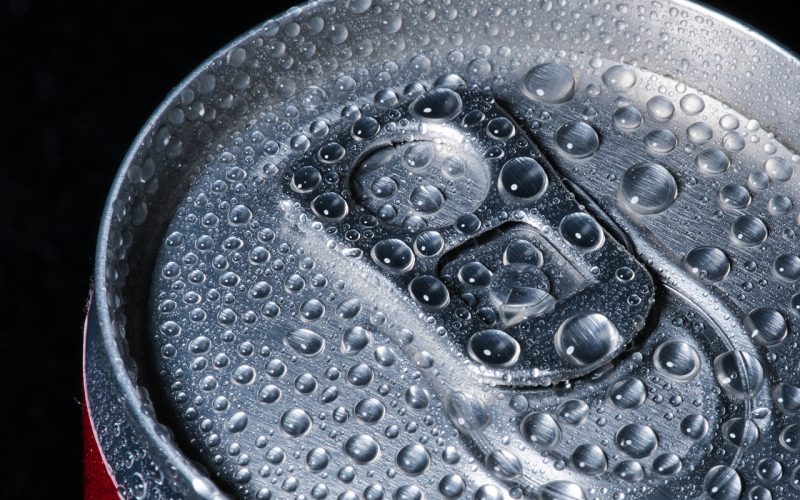High-Octane Alert: The Explosive Surge of Caffeine in Energy Drinks!
In today’s fast-paced world, we’re constantly seeking ways to stay energized and combat fatigue. Enter energy drinks, the high-octane elixirs that promise to revitalize our spirits and keep us going. These beverages have witnessed an explosive surge in popularity, but it’s crucial to explore the caffeine content within them, as it is the driving force behind their stimulating effects and potential risks.
Unleashing the Energy Drink Phenomenon
Energy drinks have emerged as a cultural phenomenon, capturing the attention and taste buds of individuals worldwide. With their vibrant packaging, catchy slogans, and promises of a quick energy boost, they have become a staple for those in need of a pick-me-up. However, it’s essential to delve deeper into the world of energy drinks and understand the power of their caffeine-infused concoctions.
The Caffeine Explosion
Caffeine serves as the lifeblood of energy drinks, catapulting them to new heights of popularity. This natural stimulant acts on the central nervous system, enhancing mental alertness, reducing fatigue, and providing a burst of energy when needed most. However, the caffeine content within energy drinks has reached unprecedented levels, raising concerns and sparking debates.
Rocketing Caffeine Levels
When it comes to caffeine, energy drinks have taken things to the extreme. While a standard cup of coffee contains roughly 95 milligrams of caffeine, some energy drinks pack a staggering 200 milligrams or more per serving. These turbocharged beverages push the limits of caffeine consumption, promising an immediate jolt of energy that can send your senses into overdrive.
A Jolt to the System
Caffeine, in moderate amounts, can offer several benefits. It improves focus, increases alertness, and even enhances cognitive performance. However, consuming excessive amounts of caffeine can lead to adverse effects, such as jitters, restlessness, and disrupted sleep patterns. The high-octane nature of energy drinks demands a cautious approach to consumption.
Navigating the Safety Zone
To ensure a safe energy drink experience, it’s crucial to establish a healthy relationship with caffeine. Understanding the recommended daily intake is key. Experts generally suggest a maximum caffeine intake of 400 milligrams for healthy adults. However, it’s important to note that caffeine consumption should be moderated based on personal tolerance, health conditions, and other dietary factors.
Fueling Potential Risks
While energy drinks can provide a temporary energy surge, they also carry potential risks. The high caffeine content may cause increased heart rate, elevated blood pressure, and dehydration. Combining energy drinks with alcohol or using them during intense physical activities can further amplify these risks. It’s essential to be mindful of these potential dangers and make informed choices.
Balancing the Equation
Responsible consumption is the key to unlocking the benefits of energy drinks while mitigating the risks. It’s essential to read product labels carefully, paying attention to caffeine content and serving sizes. Understanding your own caffeine sensitivity and limits can help you navigate the caffeinated landscape and make informed decisions about when and how much to indulge.
Tapping into Alternatives
For those seeking a less intense energy boost, alternatives to energy drinks abound. Natural options such as green tea, herbal teas, or infused water can offer a milder dose of caffeine along with additional health benefits. Engaging in regular physical activity, maintaining a balanced diet, and prioritizing quality sleep can also promote sustained energy levels throughout the day.
Conclusion
The rise of energy drinks has been fueled by their promise of instant energy and heightened performance. However, their explosive surge in popularity demands a critical examination of the caffeine content within these beverages.












